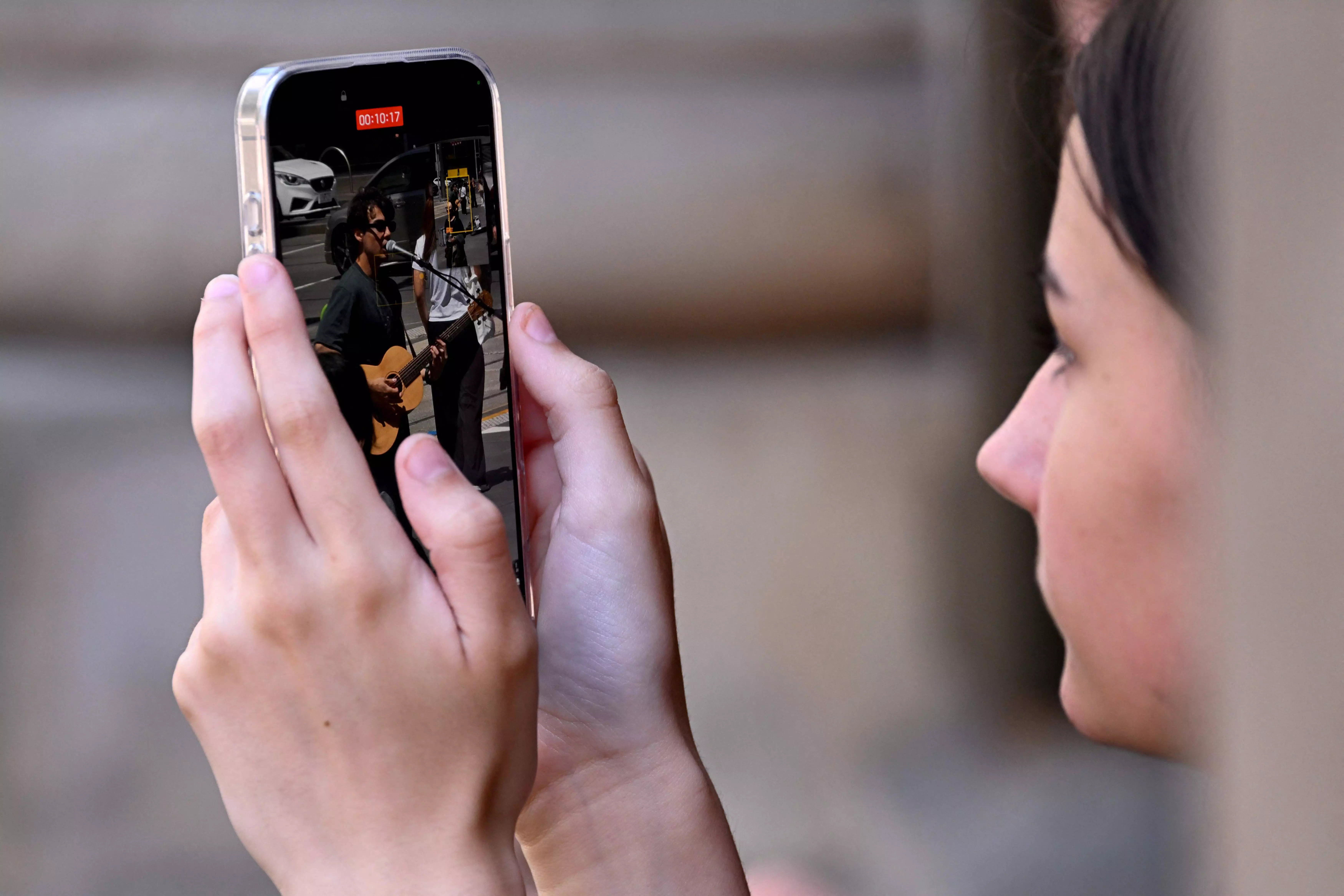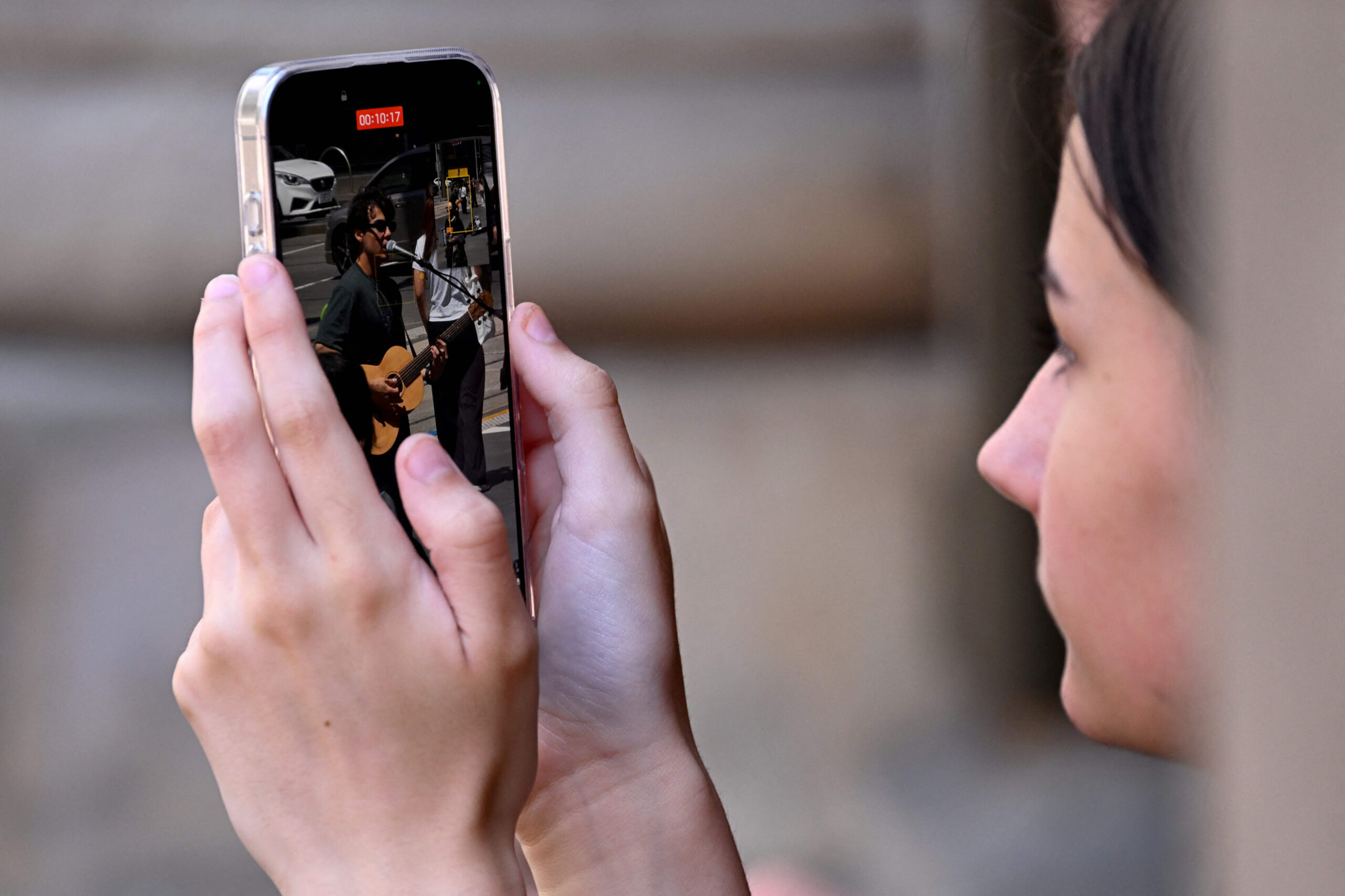
The latest news from down under is rather baffling. The Online Safety Amendment (Social Media Minimum Age) Act 2024 passed by the Australian Senate last week seeks to ban children below the age of 16 from using social media apps like TikTok, Facebook, Reddit, Snapchat, Instagram and X. While it might take about a year for the new law to fall in place, the debates have already started raging. TikTok, one of the channels to be affected by the ban, purportedly aimed at protecting children, has warned of serious ramifications. It would push children to the darker corners of the internet, it said.
The channel has been completely banned in India since 2020. Many other countries already have different types of restriction on its use, including Australia where the app cannot be used in government devices. So the latest ban for children below 16 is only a natural corollary to the way TikTok has been perceived there all along. But what makes skeptics laugh over the ban is the feasibility of its implementations though that should not be a reason for withholding the imposition of reasonable restrictions on anything, including social media that has been taking human society on a different kind of rollercoaster ride of late.
In India, where a random politician or bureaucrat is definitely capable of conjuring up such a ban for children, claiming that the younger generation was going to the dogs mainly because of their addiction to social media, it would be really interesting to watch the game unfold in reality if at all it happens. Because in the Indian context, 70 per cent of the children access social media from their parents’ phones. And 80 per cent of the parents navigate online only with the help of their children. To put it otherwise, not many children below the age of 16 have the privilege of owning and using mobile phones on their own volition.
Even in other countries, including Australia, there is no technologically sound age verification method to weed out juveniles from the highly cacophonous social media crowd. Also to be honest, by removing persons below 16 years of age from their roster, the social media channels will stand to lose most of its ardent and regular users. While it is not known if the ramifications of having only people above 16 years on the roll call will reflect on the balance sheet of the companies that own the apps, most of the apps, other than a few popular early channels, might have very few users left.
True it is preposterous to break our heads over social media, which actually has no positive role on human existence or on the overall development of society. Yet, since social media has intertwined with our lives, we cannot completely ignore its presence if we aspire to have a meaningful and informed existence. So even if we have lived complete lives before the advent of social media or smartphones or even mobile phones, the latest technological advances that have changed the way we communicate cannot be just overlooked.
So, to see social media as a bane for children – children alone – is nothing but childish because the evolution of the social media itself was around the younger generation with its new value systems, aspirations and outlooks. Children should only be allowed to seamlessly integrate with the system and not sought to be segregated till they reached a particular age. Monitoring the use of smartphones and parental restrictions on social media is one thing but a government law to bar them from accessing social media is another thing.
I am not sure if the Australian government has any statistics to prove that social media’s dark side has the potential to ruin young lives more than that of older people. Or has it found out that excessive use of social media has caused physical and health challenges to children more than adults? Or has it been proved that young impressionable minds could be negatively influenced by social media than grown up people? Empirical evidence might prove that adult lives, too, are jeopardized by social media as much as that of children.
For, as we know, social media is used by individuals and groups to look for and get whatever they want. It is not that social media itself imposes anything on its users, whether they are young or old. So by allowing children to use it with parental guidance and observation nothing is going to go wrong. In fact, if adults find their emotional needs met through social media, children, too, can get that done. Also it is not that social media offers a platform for drug pushers, pedophiles and sexual predators alone. It is also used by the spiritually inclined to sell their religious ideas and propagate their faiths.
To completely remove growing children from social media’s glare and then expose them to it once they attain the legal age does not sound good. Anyway, the bright side of the Australian law is that it does not ban channels like YouTube and those offering health and educational services. Also it does not put the onus of restraint on the children. It is for the technology giants to ensure that children do not log into their channels. If they are caught, they will have to pay a fine of Australian $ 49.5 million, which is a cool Rs 275 crore.
